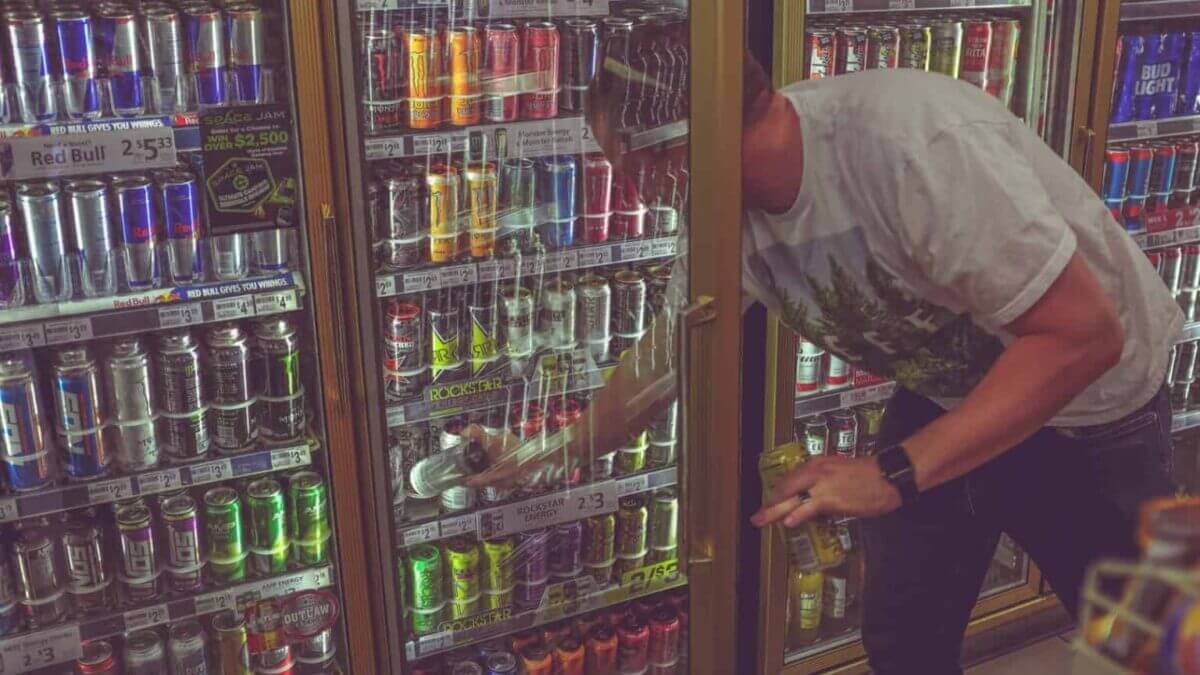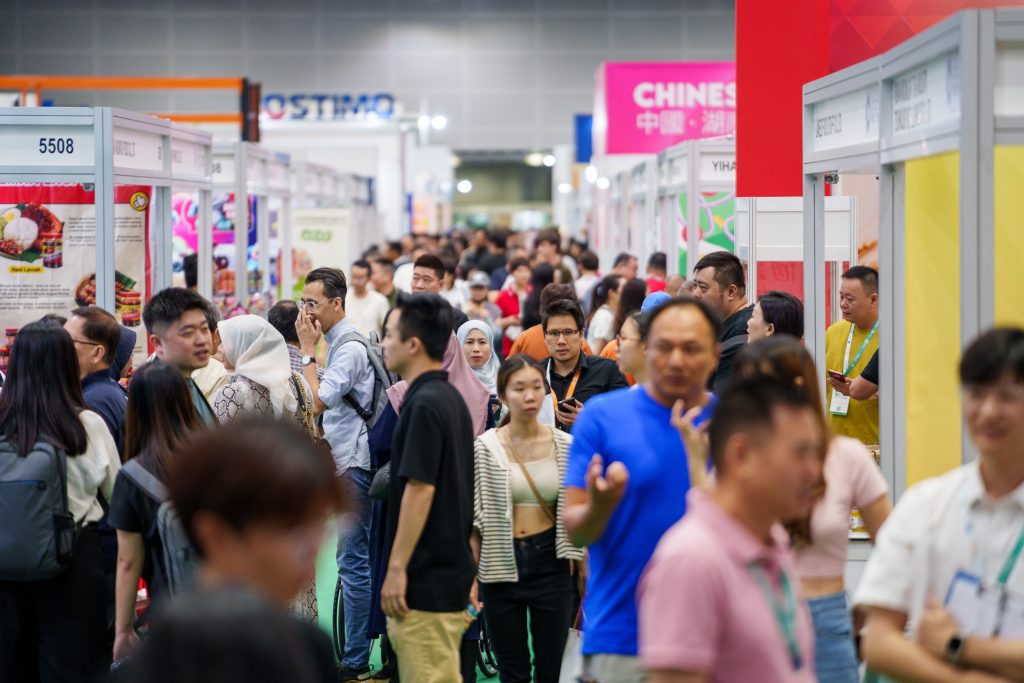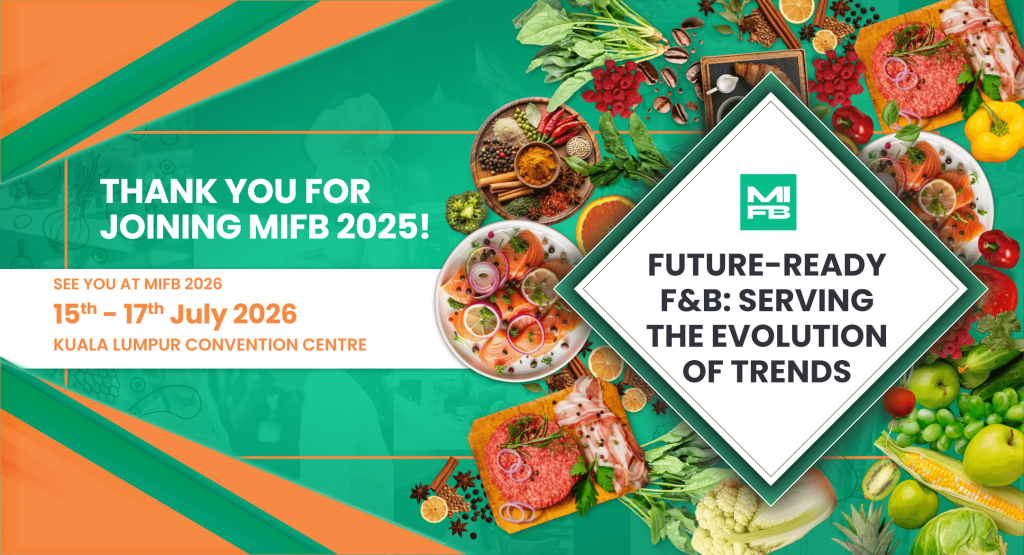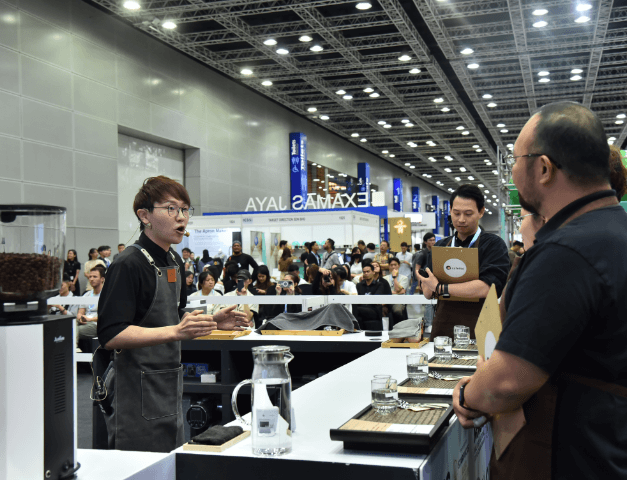According to the World Health Organisation, sugar in soft drinks are one of the key causes of obesity and type 2 diabetes.
As part of the war on diabetes and obesity, Malaysia has newly imposed a sugar tax of 40 sen per litre on two categories of ready-to-drink packaged sweetened drinks.
The beverages include carbonated drinks containing added sugar or flavoured, and other sweetening matter which contains sugar exceeding 5g per 100ml. The tax would also be imposed on fruit and vegetable juices with sugar content exceeding 12g per 100ml.]
Great Britain also has a sugar tax in place.
Down south, Malaysia’s neighbour (and long-time food rival) Singapore are making it mandatory for colour-coded “front-of-pack” nutrition labels to be present on pre-packaged beverages that are high in sugar.
This label will apply to all pre-packaged sugar-sweetened beverages, including soft drinks, energy drinks, juices, malted drinks, flavoured milk, and cultured milk drinks.
Singapore will also be the first country to impose a total ban on advertising across all media channels on beverages that are deemed the most unhealthy and graded the lowest on the nutrition labeling scale.
How a drink is graded depends largely, but not only, on the amount of sugar it contains.
The amount of saturated fat such as that found in three-in-one coffee mixes will also be taken into account.
Some sugar-sweetened beverages have as much as eight teaspoons of sugar per 250ml.
The Singapore Food Manufacturers Association noted that as more evidence links metabolic disease and diabetes to the overconsumption of calories, consumers are shying away from food products that are high in sugar.
Back in Malaysia, a poll conducted by international survey agency YouGov for The Star on Malaysia’s sugar tax found that 59% out of the 1,022 respondents said they would drink less soft drinks while 13% said they would stop drinking sugary beverages.
It’s not all bad news for sweetened drinks manufacturers though.
25% said they would continue to drink the same amount while 3% said they would, in fact, drink more.
What does all this mean for a packaged drinks manufacturer?
Well, it’s time to join the war against obesity and diabetes. It would be good for these companies to take heed and work on reducing the sugar content in their drinks.
And it can be done without sacrificing your branding. In fact, it makes for good marketing and exponential sales.
Take Coca-cola for example. Coca-Cola Singapore and Malaysia country manager Ahmed Yehia said earlier in October that they have been innovating to launch new lower-sugar and no-sugar drinks.
The soft drink giant can proudly claim that more than 60 percent of its drinks here have Singapore’s Health Promotion Board’s Healthier Choice Symbol, which is awarded to beverages that contain about three teaspoons of sugar per 250ml.
“Sugar in moderation is fine, (but) we agree that too much of it is not good for anyone,” he was quoted as saying in Channel News Asia.
Back in 2017, seven major players who make up 70% of the pre-packaged sugar-sweetened drinks market in Singapore had pledged to reduce the sugar content in all their drinks sold in Singapore to a maximum of 12% by 2020.
These companies are Coca-Cola, F&N Foods, Malaysia Dairy Industries (MDI), Nestle, PepsiCo, Pokka and Yeo Hiap Seng.
In Japan, every vending machine, convenience store and the supermarket has a large selection of cold beverages that are entirely devoid of sugar. Sugar-free tea beverages are particularly popular.
Reducing sugar in soft drinks generally corresponds with the current health trend of going low-sugar or sugar-free.
However, manufacturers need to be wary of turning to sweeteners as research has shown that ingesting increased amounts of sweeteners leads to a higher risk of stroke and heart attack and not losing weight.
Bottom line is, drink producers will need to consider how to navigate these sweeteners if they’re going to keep up with the health trend in a sustainable way.
Malaysian International Food & Beverage (MIFB) trade fair has a variety of segments to assist the food and beverage industry to leverage their business internationally and locally. Pre-register now to visit the trade fair in the button below.



